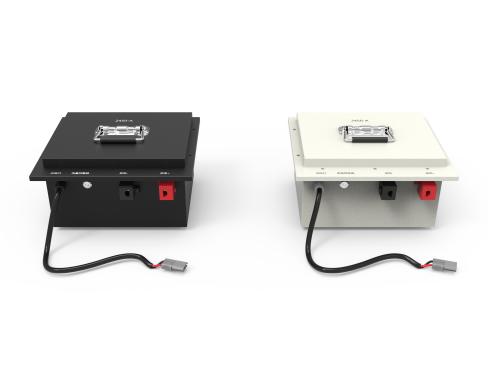- 22
- Nov
Dealing with the problem of battery cycle times in pure electric vehicles source:
Lithium battery manufacturers solve the problem of battery life in electric vehicles
Battery is the power source of electric vehicles. Knowing some basic battery issues can help extend the life of electric vehicles.
Q: Do electric vehicles need battery cycles?
Answer: The number of cycles is not necessarily. Some electric vehicles have a large depth of discharge and a small number of cycles, and some have a shallow depth of discharge and a large number of natural cycles. This depends on the depth of discharge of the user. Under normal circumstances, 100% discharge cycle is about 350 times, 70% discharge cycle is about 550 times, 50% discharge cycle is about 1000 times, and so on, the shallower the discharge, the longer the cycle.

Q: Does temperature affect battery function?
Answer: This is very natural. Changes in temperature will directly affect the charging and discharging functions of electric vehicle batteries, but many electric vehicle users do not notice this when using electric vehicle batteries. In fact, a reaction occurs during the charging and discharging of electric vehicles. This reaction may increase or decrease the activity of battery active materials. The lower the exhaust temperature, the less the released capacitance. The higher the charging temperature, the higher the acceptance capacity. The more fixed the charging voltage is, this is possible.
Q: Does the initial capacity of the battery affect the service life?
Answer: The battery capacity is affected by the active material and availability. The increase in battery capacity can only be achieved through the use of active materials, while the increase in electric vehicle battery capacity must be accelerated by increasing the porosity and acid-base ratio to accelerate battery life. The greater the depth of discharge, the greater the swelling of the active material and the faster the softening rate.
